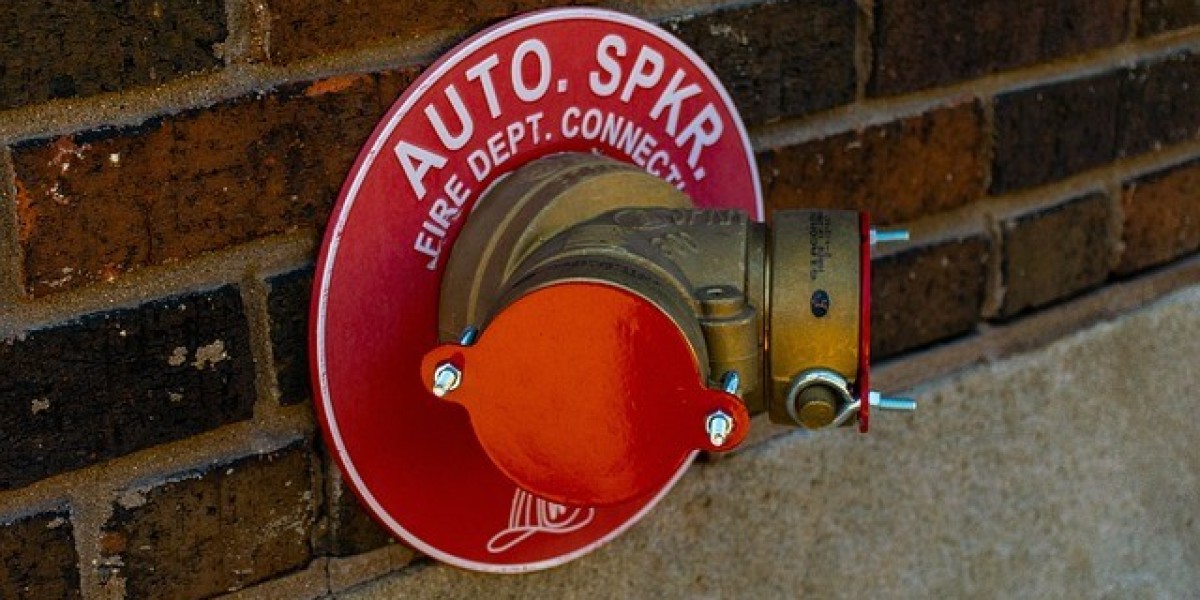One of the most common reasons a smoke detector chirps is a low battery. Most smoke alarms use 9-volt or AA batteries that need to be replaced regularly. When the battery gets weak, the smoke detector chirps to warn you before the power is completely drained. Many people ignore the chirp, thinking it will go away on its own, but doing so can compromise safety. To stop the chirping, the first step is to replace the battery with a fresh one. Make sure to use the correct type of battery recommended by the manufacturer.
Another cause of chirping is a battery that is installed incorrectly. Even new batteries can fail to power the device if not placed properly. Ensure that the battery terminals are aligned correctly and fully connected. It's also a good idea to clean the battery compartment with a dry cloth or compressed air to remove dust or corrosion, which could interfere with the battery's performance.
Sometimes, a smoke detector continues to chirp even after replacing the battery. In such cases, the detector may need to be reset. This is especially true for hardwired smoke detectors that are connected to your home’s electrical system but also have a backup battery. To reset the device, first turn off the power from the circuit breaker. Then, remove the smoke detector from its mounting bracket, unplug it, and take out the battery. Press and hold the test or reset button for about 15 seconds. A short beep should confirm the reset. After that, reinsert the battery, plug the unit back in, and restore the power.
Dust and dirt can also cause a smoke detector to chirp. Over time, particles in the air can accumulate inside the detector, interfering with its sensors. This buildup can cause the device to malfunction and beep unnecessarily. To prevent this, it’s important to clean your smoke detectors regularly. Use a vacuum with a soft brush attachment or a can of compressed air to gently clean the outside and the sensor chamber. Make sure the power is off while cleaning to avoid accidental alarms or shocks.
Temperature changes and humidity can affect smoke detector chirping how smoke detectors operate. For example, in colder weather, battery performance can decline, triggering chirping even if the battery is relatively new. Placing smoke detectors near bathrooms, kitchens, or windows can also expose them to steam or moisture, leading to false alarms and chirping. It’s best to install smoke detectors in areas where the temperature and humidity remain stable.
Sometimes, the chirping noise might not be coming from the smoke detector itself. Other devices such as carbon monoxide alarms, security systems, or even backup battery packs can also beep when their power is low or when there’s a malfunction. To identify the source, listen carefully and follow the sound. Many people mistake the location of the beep due to how sound travels in a home.
Another important thing to consider is the age of the smoke detector. Like any electronic device, smoke detectors don’t last forever. The sensors inside wear out over time, making the device less reliable. Most manufacturers and fire safety organizations recommend replacing smoke detectors every 10 years. If your detector is older and starts chirping even after changing the battery and cleaning it, it might be time to replace the unit entirely.
It’s easy to ignore a chirping smoke detector, especially when the noise starts in the middle of the night. But doing so puts your household at risk. These devices are your first line of defense in the event of a fire. Keeping them in good working condition ensures they can do their job properly. Regular testing, battery replacement, and maintenance are simple tasks that can make a big difference in home safety.
In summary, smoke detector chirping is usually a sign of a problem that needs immediate attention. Whether it's a low battery, dust buildup, or an aging device, taking the time to identify and fix the issue will ensure that your smoke alarm remains reliable and ready to protect you and your family. Don’t ignore the beep—your safety depends on it.








